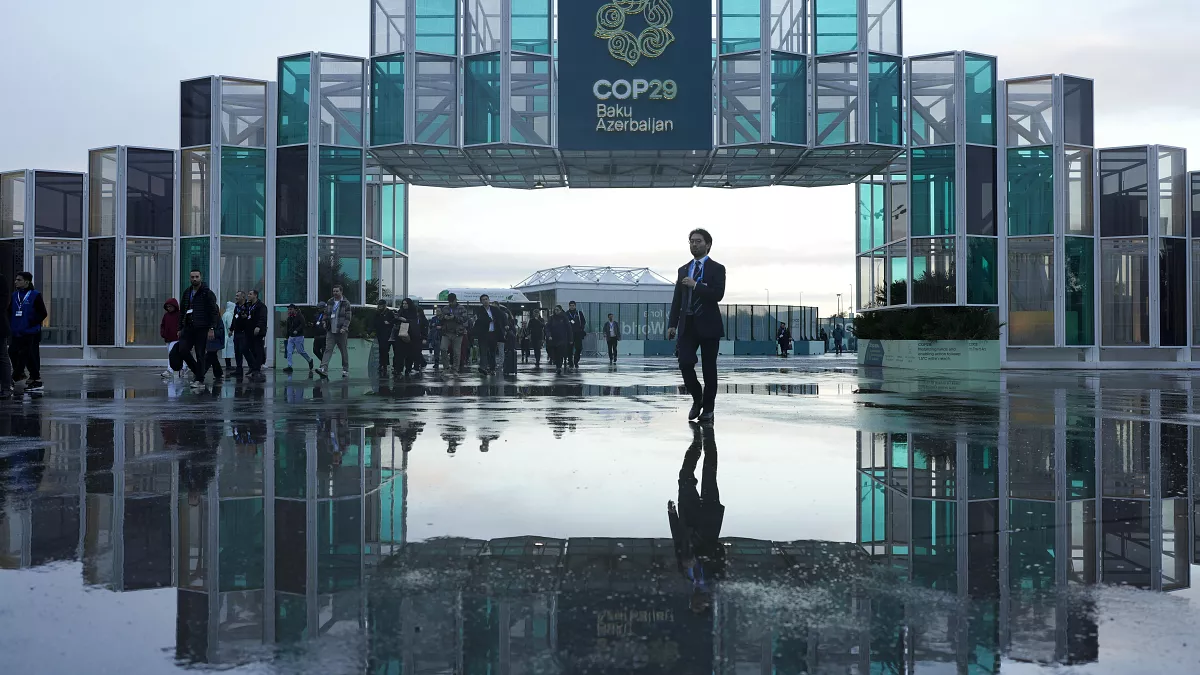During the proceedings, affordable housing emerged as a key component of sustainable urban planning. Delegates emphasized the dual challenge of addressing housing shortages while ensuring these developments incorporate green building practices. The European Union took a leading stance, advocating for integrated urban renewal projects that combine affordability with sustainability.
As EU officials noted, the Union aims to create cities that are not only sustainable but also equitable. Affordable housing was seen as closely related to climate resiliency and energy efficiency, ensuring accessibility while minimizing environmental impact, a sentiment echoed by representatives from countries such as Brazil and Finland.
Other European Union representatives emphasized the importance of sustainable urban development and green transitions, particularly in affordable housing and urban mobility areas. Gert Jan Koopman, Director-General for Neighbourhood and Enlargement Negotiations at the European Commission, remarked on the positive environmental and social impacts.
Teresa Czerwińska, Vice-President of the European Investment Bank (EIB), underscored that affordable housing must align with green transitions. "Projects funded through EU-backed frameworks aim to create inclusive urban spaces that are sustainable, equitable, and resilient," Czerwińska remarked, reinforcing the EU’s commitment to ensuring cities meet both environmental and social needs.
Despite these ambitious goals, financing remains a major hurdle. COP29 highlighted mechanisms like debt-for-climate swaps and increased climate adaptation funds to support green housing projects. Wealthier nations, including Germany and the UK, pledged greater financial contributions to assist developing countries in implementing sustainable housing initiatives. These commitments reflect a growing recognition that affordable housing must be central to global efforts to combat climate change and ensure social equity.
For Greece and the broader European real estate market, the implications of COP29 are clear. With the EU pushing for stricter environmental regulations and emphasizing green infrastructure, real estate stakeholders will need to align their projects with these priorities. The Energy Performance of Buildings Directive (EPBD), which mandates stricter building codes and encourages the integration of renewable energy systems, will likely become a touchstone for urban and residential developments across Europe. For Greek developers, this presents both challenges and opportunities. Retrofitting existing housing stock to meet energy efficiency standards will require significant investment, but the potential long-term benefits, including cost savings and enhanced asset value, are considerable.
The European Union's delegation at COP29, represented by Frans Timmermans, Executive Vice-President for the European Green Deal, emphasized the importance of aligning urban development with climate objectives. Timmermans stressed that "the transition to sustainable cities is not just an environmental necessity but an economic opportunity to build resilient communities and create green jobs." He highlighted the EU's commitment to addressing housing affordability within the climate action framework by ensuring energy-efficient and cost-effective construction practices.
The summit also shed light on technological innovations driving sustainable urbanization. From AI-powered tools for efficient urban planning to modular construction methods that minimize waste, these advancements provide the real estate sector with new pathways to achieve sustainability.
COP29 has solidified the importance of integrating sustainability into real estate development, with a particular focus on the nexus of affordability, resilience, and innovation. For stakeholders in the Greek and European markets, the key takeaway is that climate-aligned investments are not just a regulatory requirement but a strategic imperative for future-proofing assets in an evolving global landscape.















